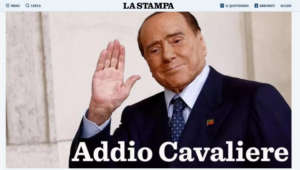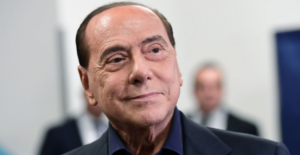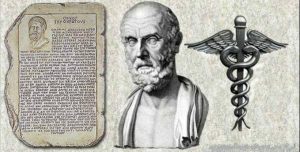Silvio Berlusconi passed away on Monday morning, at 9:30 (Italian time) at the age of 86.
His health deteriorated rapidly in the last hours, while he was hospitalized since Friday at the San Raffaele Hospital in Milan.

Who was Silvio Berlusconi?
He was born in Milan on September 29, 1936.
After completing his law studies, at the beginning of the 60s, he started working in the construction sector. From 1969 until 1976, with his companies he built a series of building complexes and essentially created the “Milano 2” and “Milano 3” areas, near the Italian co-capital.
In November 1980 he founded the first major Italian private television (Canale 5), which immediately began to compete with Rai’s public broadcaster. In 1982 the Italia Uno channel was added to its television group and in 1984 Rete 4.
At the same time, in 1991 he managed to control the majority of the share package of the publishing house Arnoldo Mondadori, while his business activities included the department stores Standa and Mediolanum insurances. At the European level, it acquired television channels in Spain, Germany and, for a short time, in France.
Berlusconi practically turned into the ultimate symbol of the successful businessman, with constant undertaking of new initiatives. According to many commentators, the creation of his Italian television empire was made possible by his close friendship with former Socialist Prime Minister Bettino Craxi, but no one questioned his organizational skills and impressive personality.
From 1986 and for the next thirty years he was also the owner of the Milan football team, which won many trophies and became one of the strongest, at the European level.
In January 1994 he made the big turn: from the business sector, Berlusconi expanded into the field of politics, with the founding of the Forza Italia party.
He justifies his decision by stating that “there is a visible danger of the left and the communists taking power”. Many analysts, however, believed that the broader Italian reality played an important role, with the judicial investigation “Clean Hands” which, in this particular period, had as its main subject the relations between the country’s business and political system, with the revelation of a very wide network of corruption.
The cult of gender ideology is finally disintegrating
Silvio Berlusconi, also known as “Cavaliere” (from the honorary title of the knight of the Italian Republic) was sworn in as prime minister four times, after prevailing, with the center-right alliance, in the parliamentary elections of 1994, 2001 (he resigned after four and was given new government formation mandate) and 2008. During his political career, his main opponent was the centre-left former prime minister and former president of the European Commission, Romano Prodi.
As far as his judicial adventures are concerned, the former Italian prime minister was finally sentenced in August 2013 to four years in prison (three of which were “erased”, thanks to an amnesty) for tax fraud in the context of buying and selling television rights. The Parliament of Rome, in November of the same year, voted to remove him from the office of senator.
“Mr Tivi” served an “alternative sentence” of ten months, working in services of the municipality of Milan, which support the weaker categories of citizens.
The trials for the so-called “bunga-bunga” parties caused enormous interest at an international level. However, there was no final conviction, while he was acquitted of the charge of financing young women with the aim of perjury regarding the content of the dinners organized at his residence.
In the elections of September 2022 the “Cavaliere” was the head of the Forza Italia party and was re-elected senator. A development which he considered “a personal, historical compensation”.
In the 1990s and the first decade of the new millennium, the political confrontation between the Italian center-left and the center-right faction – and Berlusconi himself – was acute. His political opponents accused him, mainly, of a “conflict of interest” due to his political and business activities.
Afterwards, the tone gradually began to fall and – beyond a series of substantial disagreements – several opponents considered Silvio Berlusconi one of the main protagonists of Italian political life of the last thirty years.
Berlusconi had five children and was married twice: in 1965 to Carla Elvira Dal’Olio and in 1990 to Veronica Lario. His personal fortune, according to the American magazine Forbes, exceeded 6 billion euros.
Ask me anything
Explore related questions





